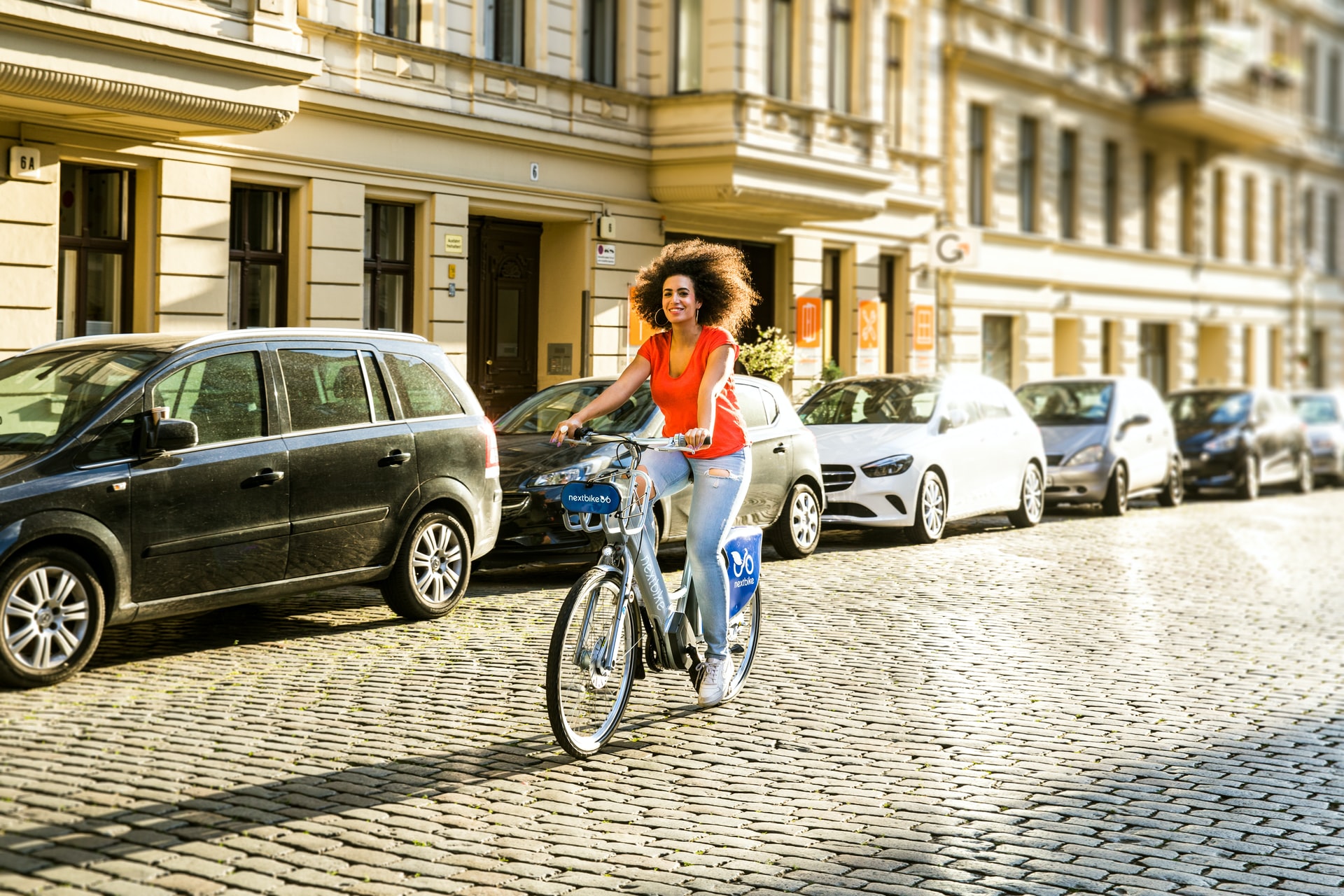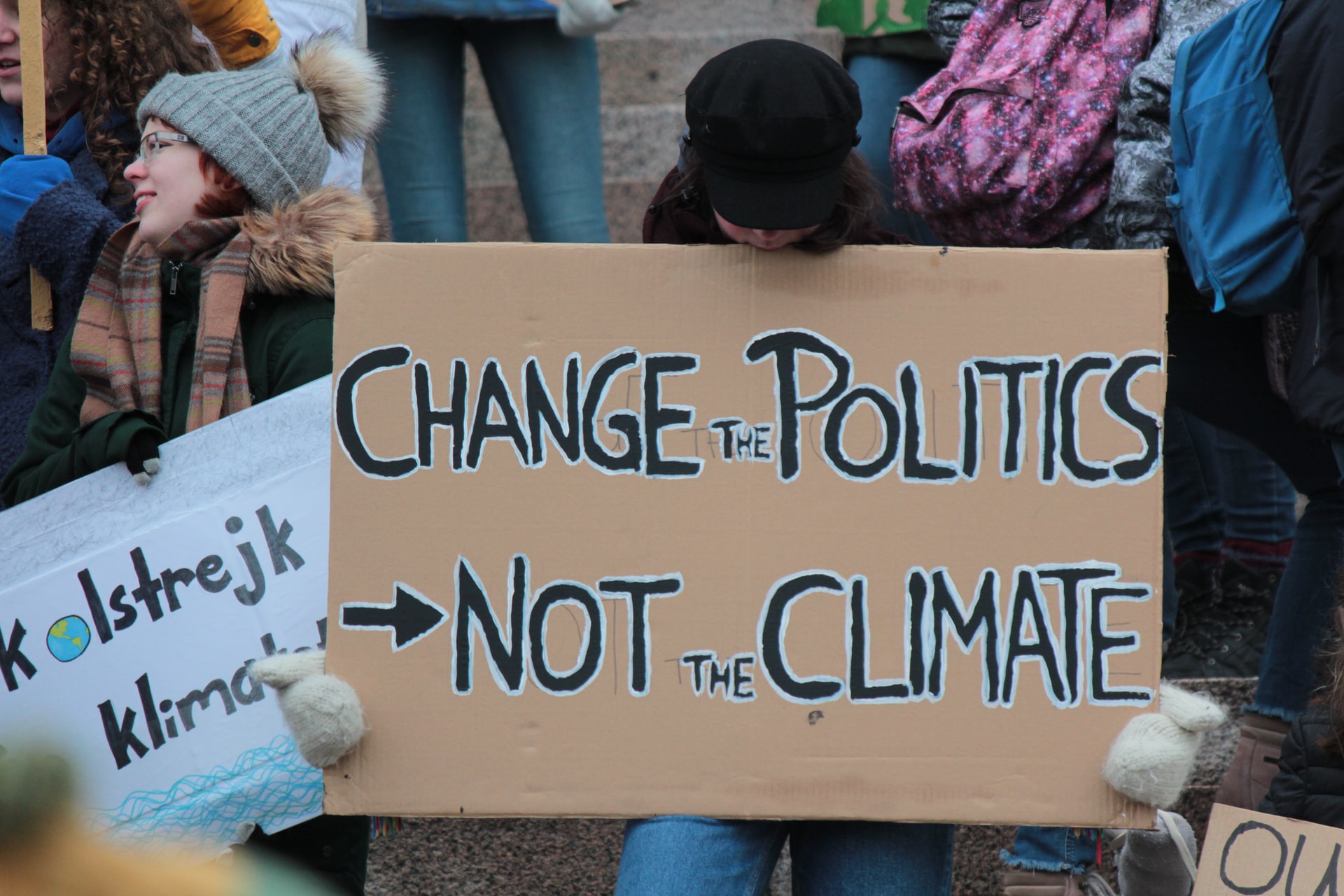
- Sustainable Planet -
- 4mins -
- 204 views
New research proves our actions as citizens contribute considerably to fight climate change
Report shows citizens and communities are not powerless in protecting our planet, and that their action is meaningful, impactful, and actually urgently needed.
The power of the people actually works according to research
As more and more people around the world are becoming concerned for the state of our planet, and are willing to act, many also feel confused and powerless. Yes, there is a wealth of information out there on what changes individuals can make that will have the most impact.
But so what? Will this really make any difference when compared to the size of a 21st century global economy? Isn’t it really just up to governments and industry to act, and the best we can hope for is to pressure them to do so? Is talk of citizen action even a dangerous distraction? Are individuals powerless in preventing ecological breakdown, or can they have a significant and direct impact in the here and now? That is the urgent question to which this report aims to offer a simple, quantified answer.

6 lifestyle changes we can adopt to help avert climate crisis
If everyone in the developed world were to adopt these changes, emissions would fall by a quarter, report Positive.News on the findings of a new study. However, the sheer magnitude and complexity of the climate crisis can leave many people feeling helpless and apathetic. Why bother giving up beef if BP is drilling for more oil? What’s the point in cutting back on air travel when airlines run empty flights just to keep their airport slots?
Anyone asking themselves such questions may be cheered by research published last week. It found that citizens have direct influence over 25-27% of the emissions savings needed by 2030 to avoid ecological meltdown. In other words, people have more agency over the climate crisis than they might think.
That’s not to absolve governments and corporations of their responsibilities. Without greater ambition from the public and private sectors, the climate crisis will intensify. Last week’s IPCC report – the most alarming to date – underscored the need for bold climate leadership. The window in which to act, it warned, is closing.
The new research was carried out by academics at Leeds University, in collaboration with the global engineering firm Arup and the C40 group of world cities. It found that making dietary changes is the single biggest thing people can do to reduce emissions, followed by giving up fast fashion.
“Citizen action really does add up,” said Rachel Huxley, director of knowledge and learning at C40 Cities. “This analysis shows the collective impact that individuals, and individual choices and action, can contribute to combating climate change.”
The study is the launchpad for a new climate movement, dubbed The Jump. It aims to encourage people in developed countries to make lifestyle changes for the sake of the climate.
“The Jump is a fun grassroots movement of people leading the way to less stuff and more joy,” explained Tom Bailey, the movement’s co-founder. “Coming together to make practical changes, support and inspire each other, celebrate success and drive a shift in society’s mindsets and cultures.”
The Jump has identified six lifestyle changes that people can make to directly reduce emissions. Try the six shifts we could all make to directly deliver up to a 27% saving by 2030. See below.
Source: Positive.News







